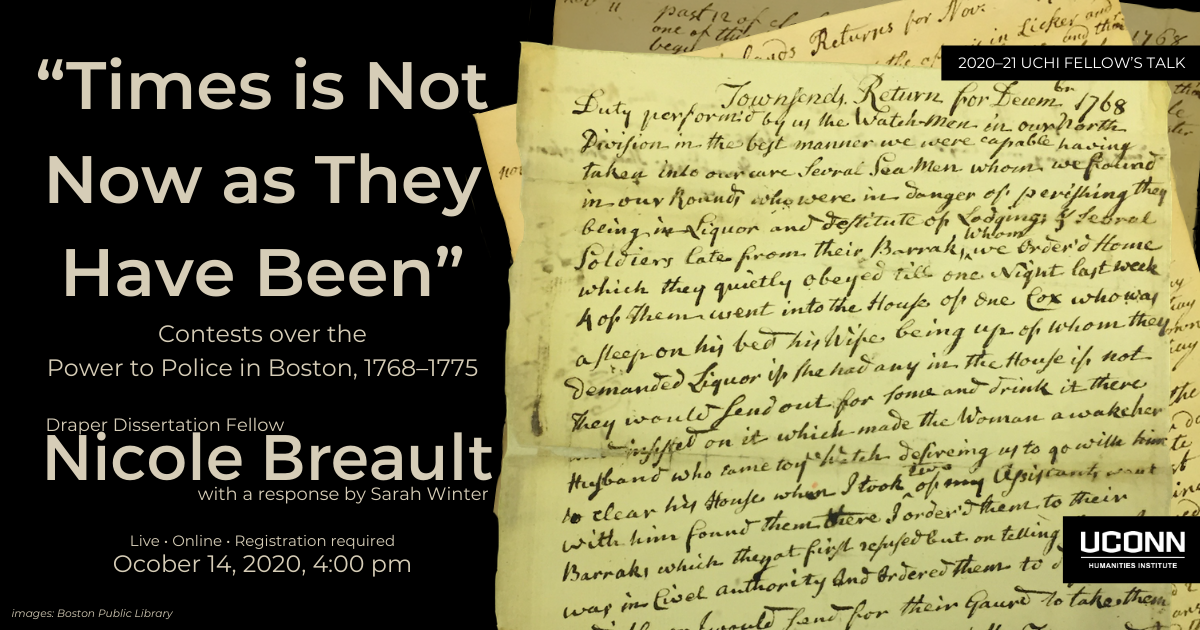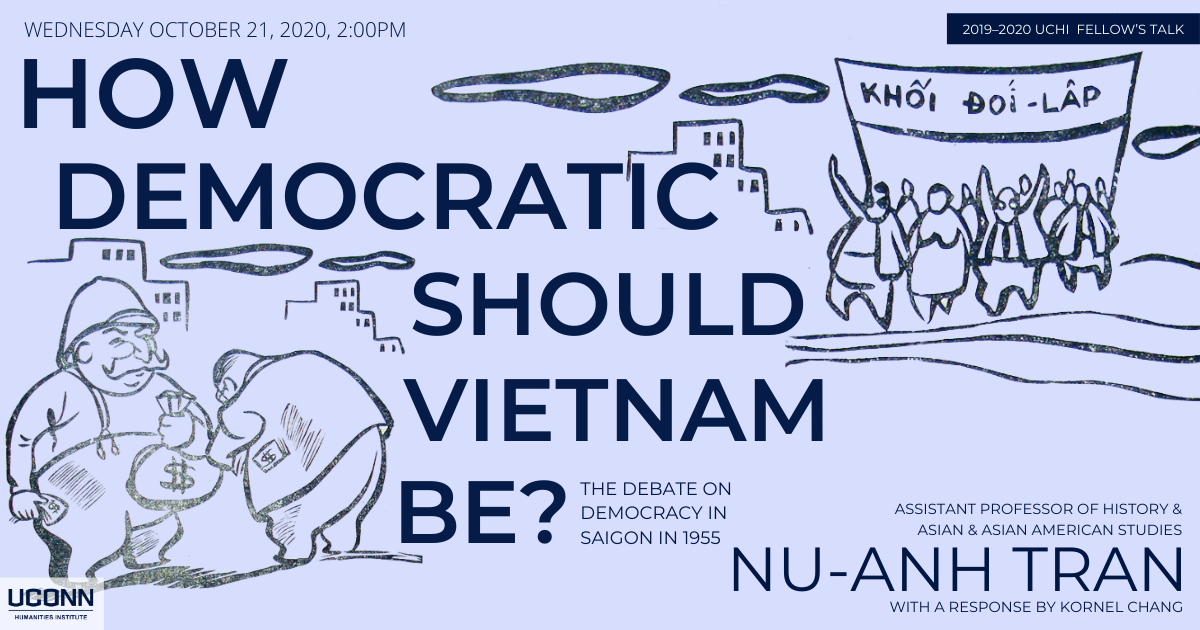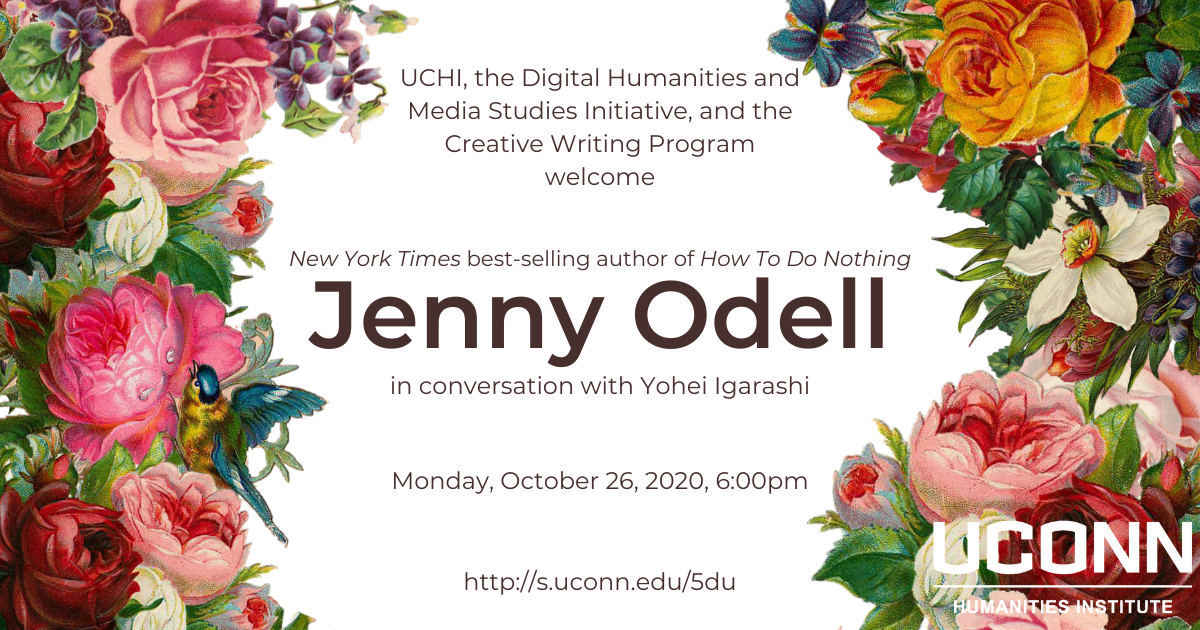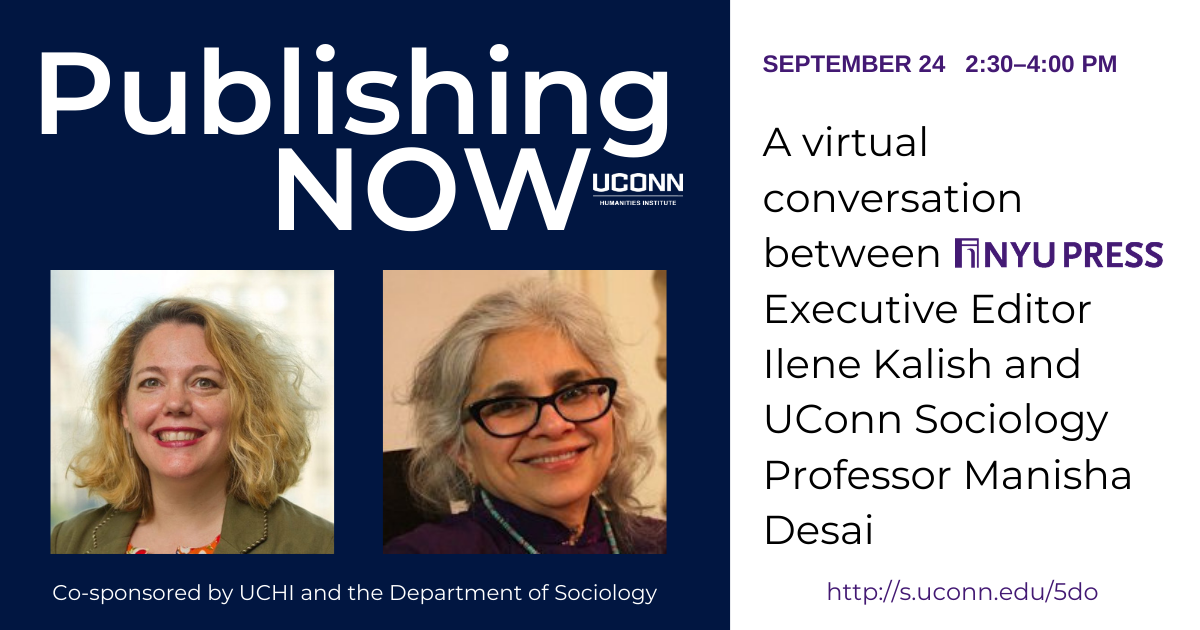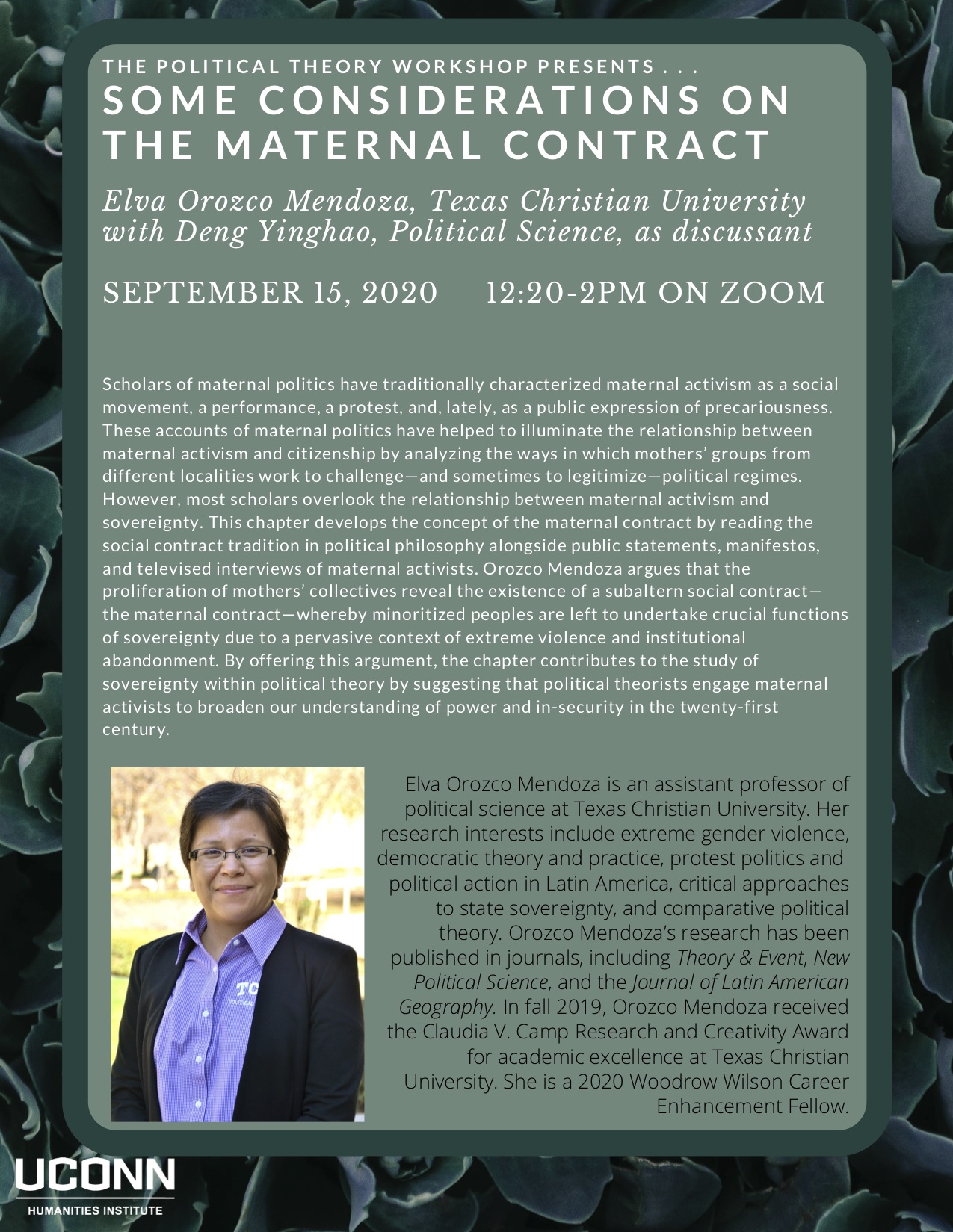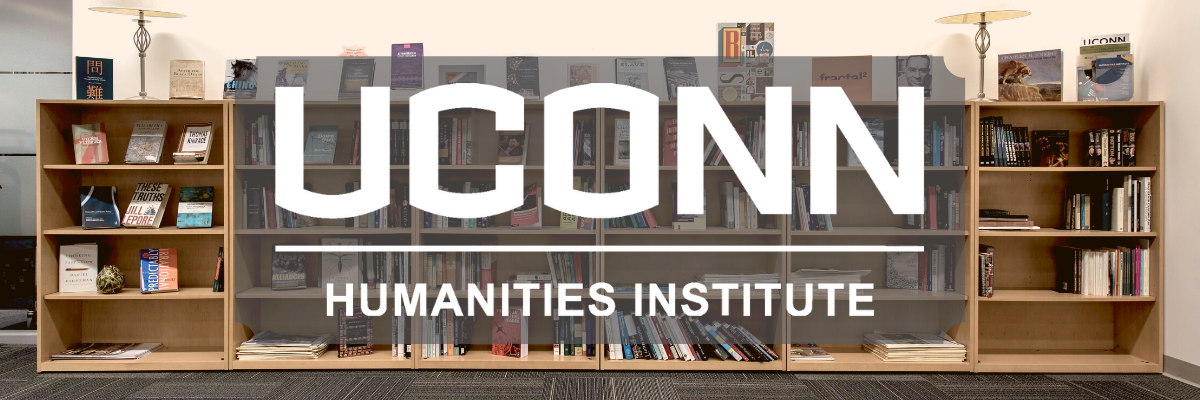Song of Songs: An Erotic and An Amulet
Kerry Carnahan (Ph.D. Candidate, English)
with a response by David Samuels (Associate Professor of Music, New York University)
Wednesday, October 28, 2020, 4:00pm (Online—Register here)
Kerry Carnahan will read from her work-in-progress, a new translation and edition of the Song of Songs, concluding with an offering of protection and guidance. With a response by David Samuels, Associate Professor of Music at New York University.
Kerry Carnahan was born and raised in Kansas. Currently she pursues doctoral work in English at the University of Connecticut, where she teaches composition and creative writing. Her doctoral work specializes in poetry and poetics, focusing on dynamics of gender, sexuality, race, class, and empire. She also studies religion and the Hebrew Bible. kerrycarnahan.com
David Samuels is Associate Professor and current Chair of the Music Department at New York University. He is a linguistic anthropologist, folklorist, and ethnomusicologist. His book, Putting A Song On Top of It: Music and Identity on the San Carlos Apache Reservation, was perhaps the first book-length monograph exploring popular music’s place in the formation of contemporary Indigenous identities. He has published on a wide variety of topics including popular music, science fiction, language revitalization, historical imagination, missionary encounters, and vernacular modernities.
Registration is required for the event.
If you require accommodation to attend this event, please contact us at uchi@uconn.edu or by phone (860) 486-9057.
Watch now:
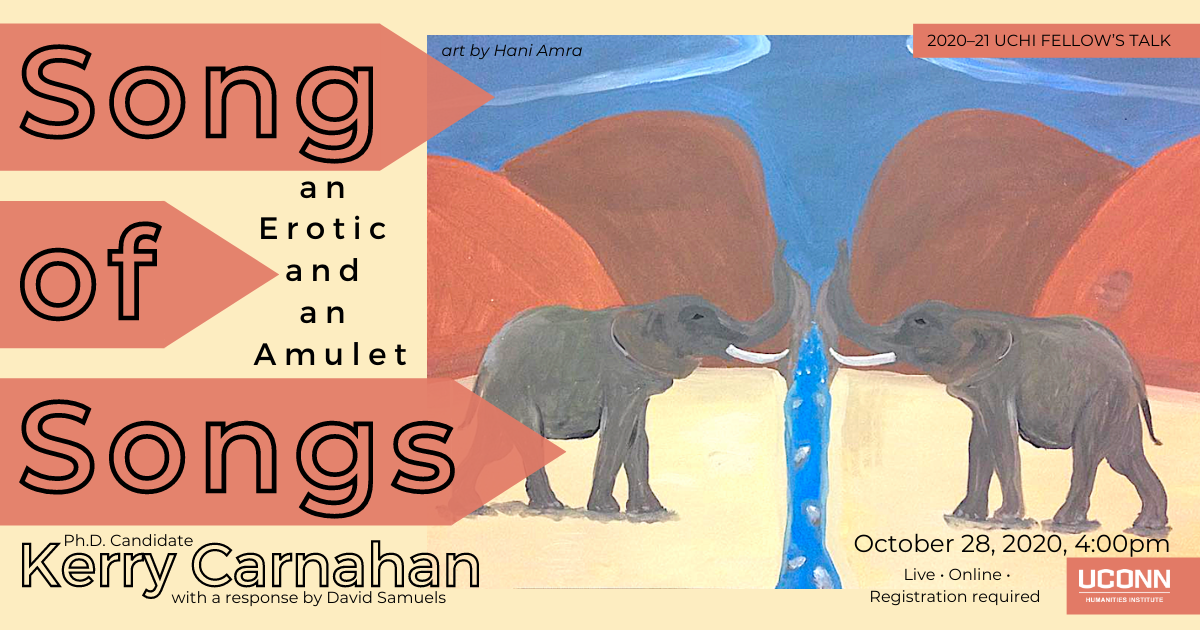
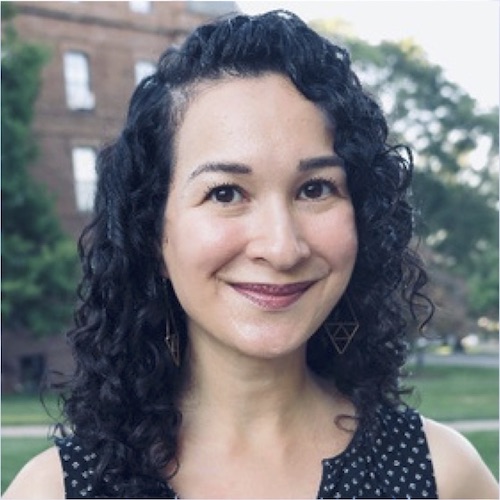 From transgender persons seeking to become the gender they truly are to religious business owners seeking exemption from anti-discrimination laws, a wide range of political claims are cast in terms of authenticity. Despite the ubiquity of these claims, it is not always clear what is at stake and whether we should understand these stakes as political. Part of the difficultly is that our most prevalent ways of framing the stakes of authenticity claims—what Hagel calls the ethical frame and the recognition frame—downplay their political character. In this paper, Hagel articulates a third way, found in the work of Jean-Jacques Rousseau. For Rousseau, what is at stake in becoming authentic is our individual well-being, the character of our social world, and our possibilities for freedom and equality. In this chapter, Hagel draws out this last set of stakes in Rousseau’s work, articulating them as the democratic frame. According to it, what makes authenticity so crucial is the way it secures our freedom and equality. Even when Rousseau articulates the stakes of authenticity in terms of a more ethical or recognitional reading, we can read him against himself to see how this democratic framing remains implicit. Hagel concludes by showing that understanding the stakes of authenticity in terms of freedom and equality is promising in three ways: it helps us grasp the causes and consequences of becoming authentic better than alternative frames; it avoids some of the problems of essentialism and paternalism that arise in the other two frames; and it offers us a promising new way of thinking about authenticity—in which one is authentic when one develops oneself in a way that enhances, rather than corrodes, one’s possibilities for freedom.
From transgender persons seeking to become the gender they truly are to religious business owners seeking exemption from anti-discrimination laws, a wide range of political claims are cast in terms of authenticity. Despite the ubiquity of these claims, it is not always clear what is at stake and whether we should understand these stakes as political. Part of the difficultly is that our most prevalent ways of framing the stakes of authenticity claims—what Hagel calls the ethical frame and the recognition frame—downplay their political character. In this paper, Hagel articulates a third way, found in the work of Jean-Jacques Rousseau. For Rousseau, what is at stake in becoming authentic is our individual well-being, the character of our social world, and our possibilities for freedom and equality. In this chapter, Hagel draws out this last set of stakes in Rousseau’s work, articulating them as the democratic frame. According to it, what makes authenticity so crucial is the way it secures our freedom and equality. Even when Rousseau articulates the stakes of authenticity in terms of a more ethical or recognitional reading, we can read him against himself to see how this democratic framing remains implicit. Hagel concludes by showing that understanding the stakes of authenticity in terms of freedom and equality is promising in three ways: it helps us grasp the causes and consequences of becoming authentic better than alternative frames; it avoids some of the problems of essentialism and paternalism that arise in the other two frames; and it offers us a promising new way of thinking about authenticity—in which one is authentic when one develops oneself in a way that enhances, rather than corrodes, one’s possibilities for freedom.